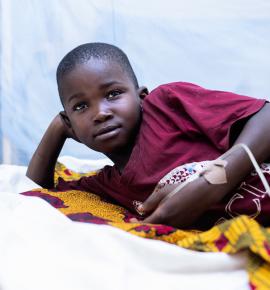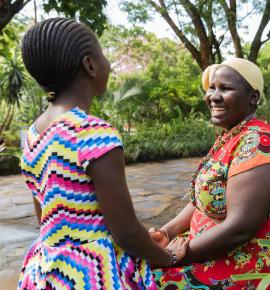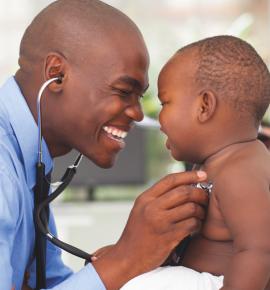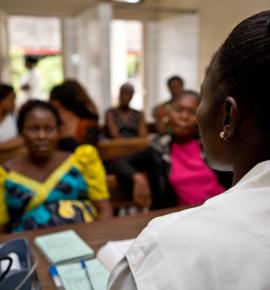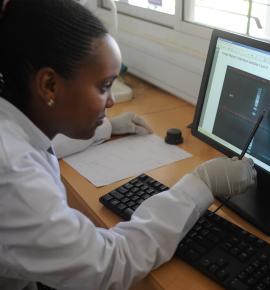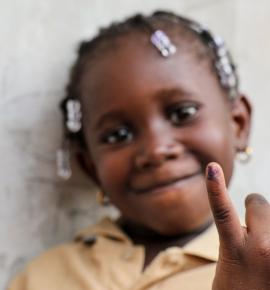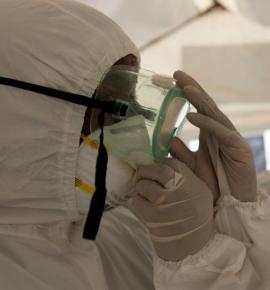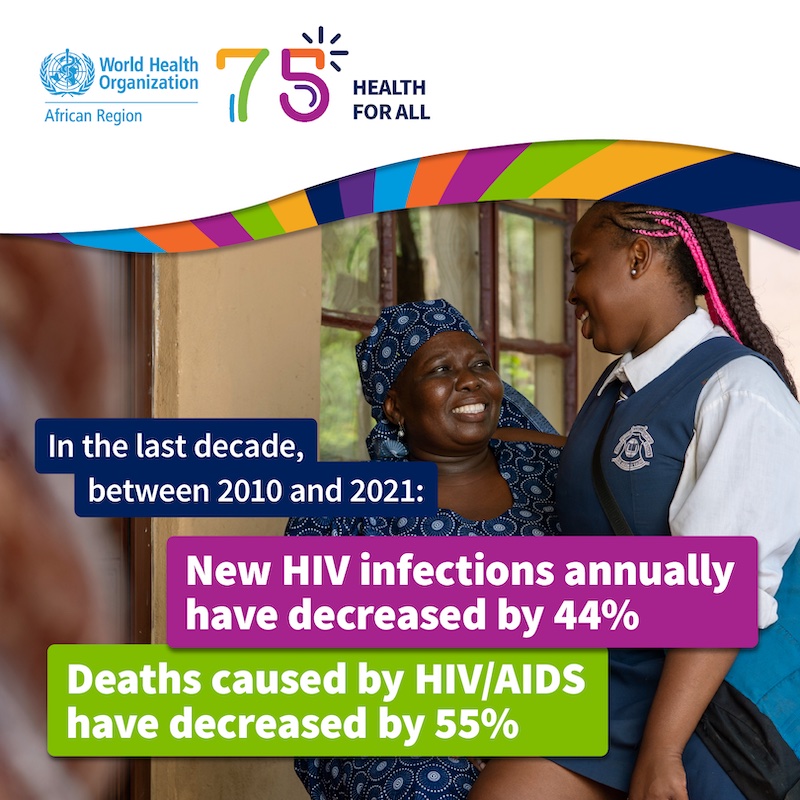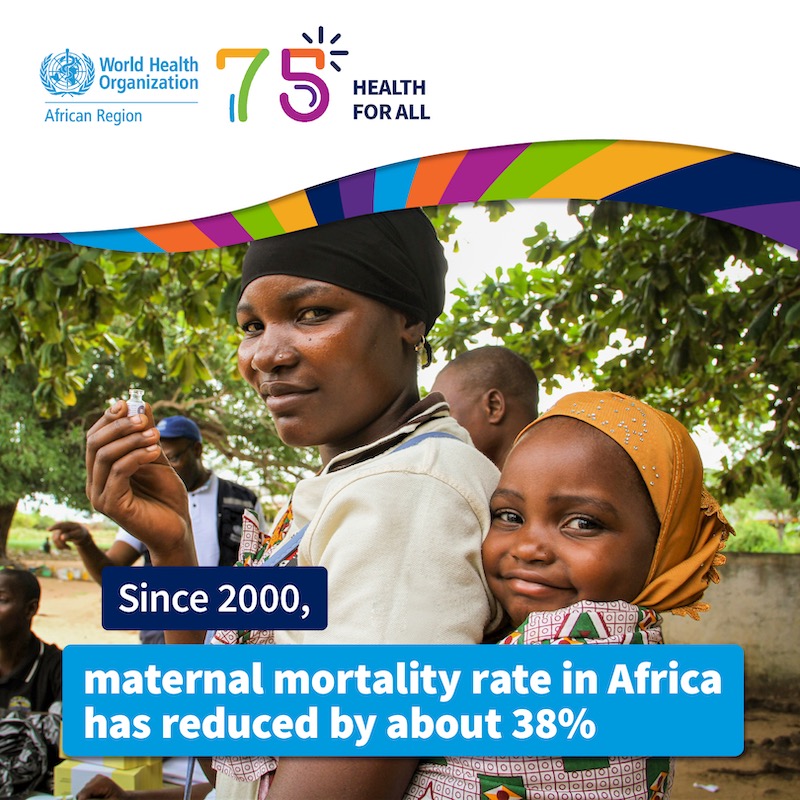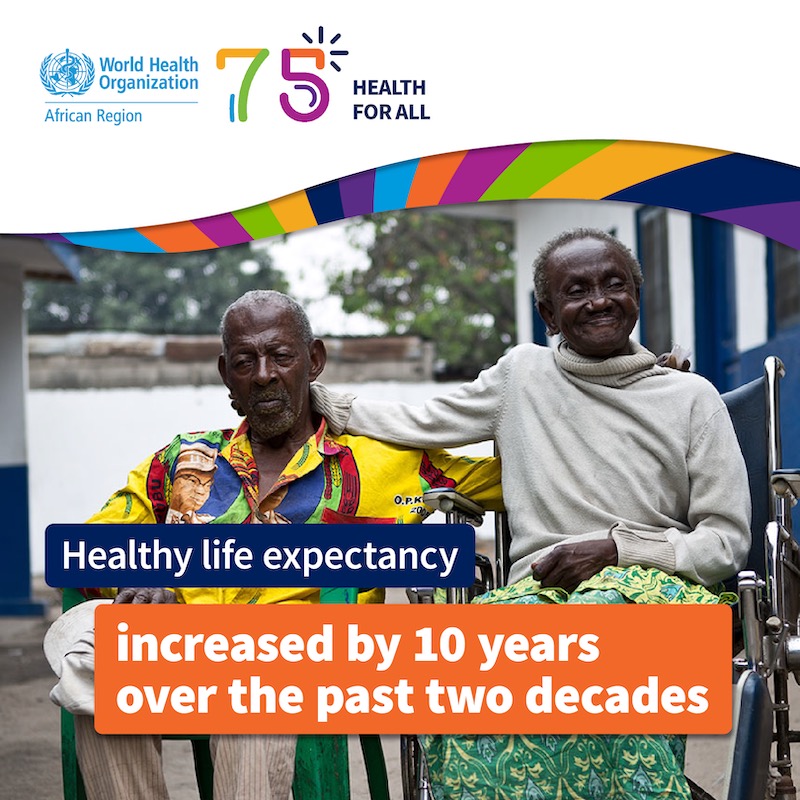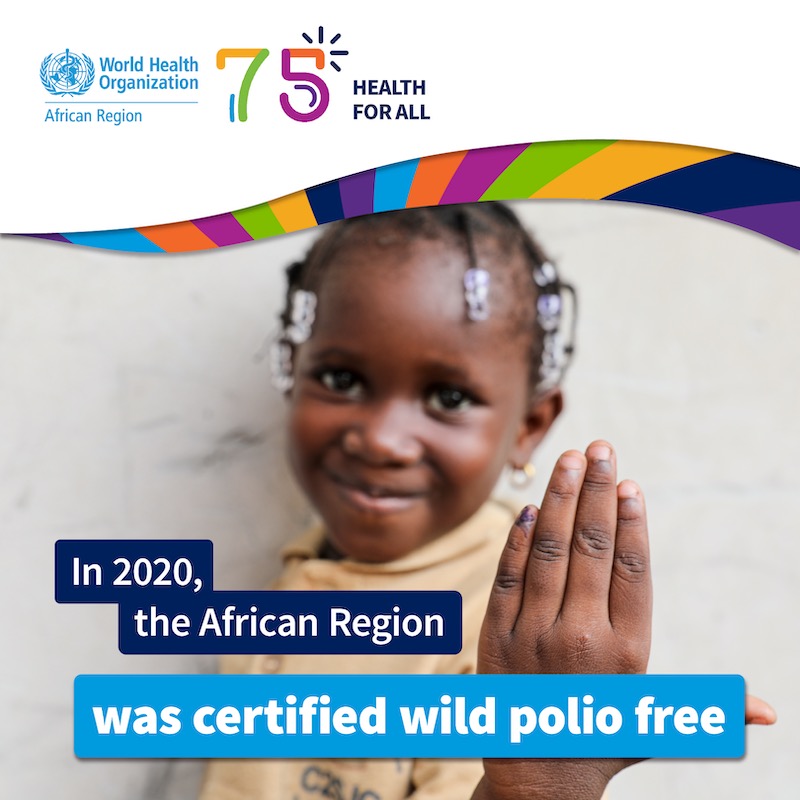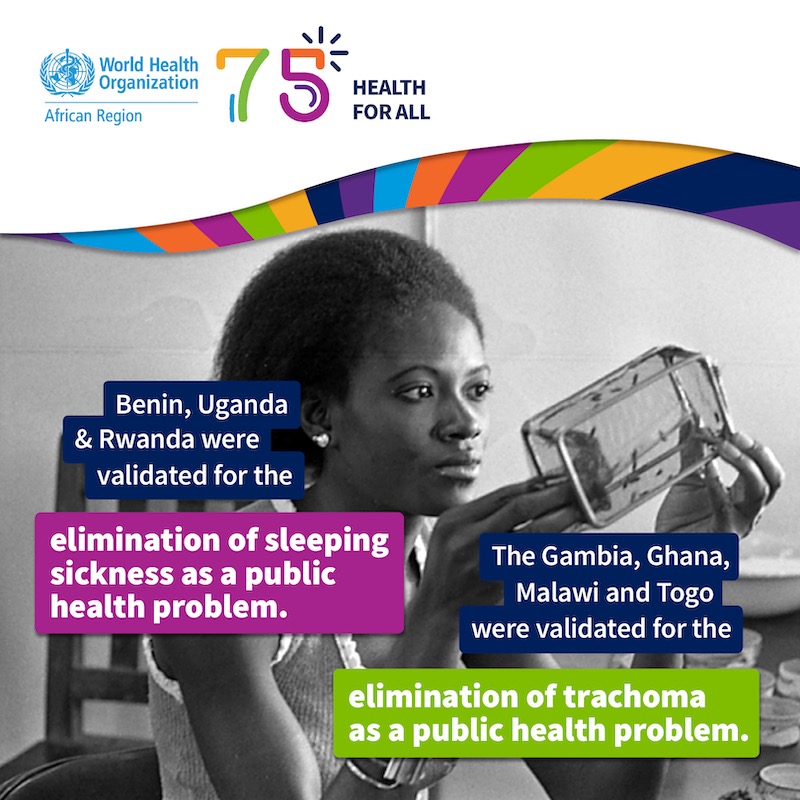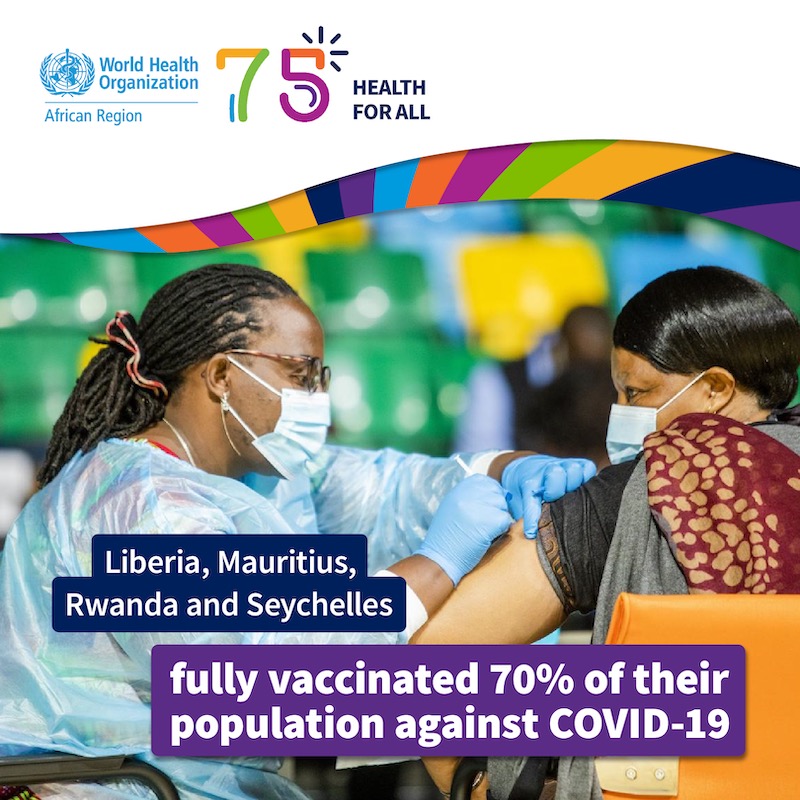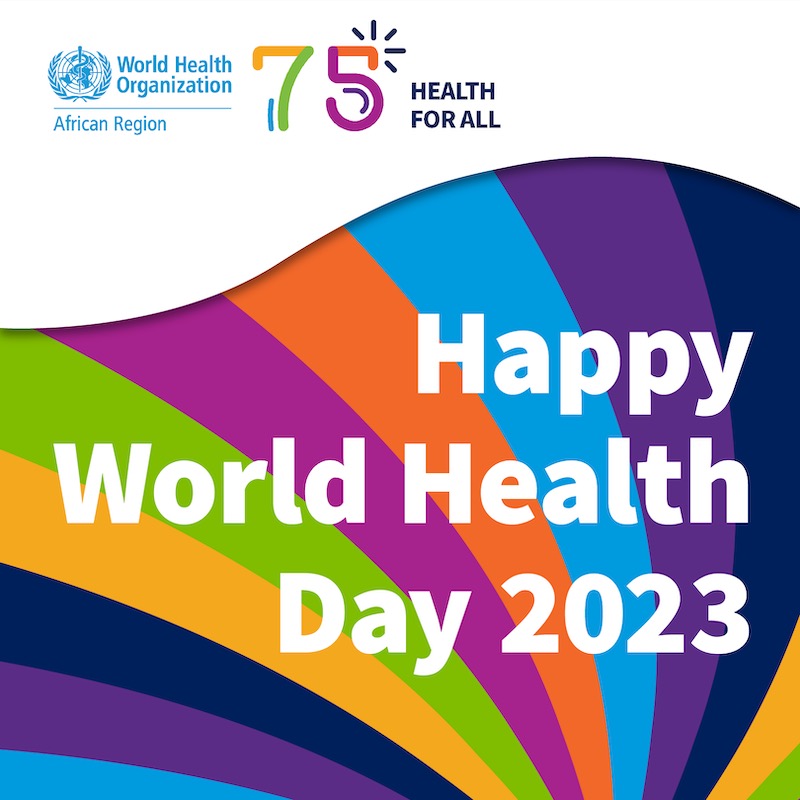Celebrating 75 years of commitment to public health in Africa
World Health Organization (WHO) marks its 75th anniversary on 7 April 2023.
On this day in 1948, the United Nations fulfilled its ambition to create a global health body in a bid to make the world safer and to serve those most in need. Every year since, the date has been observed as World Health Day.
In the African region, the noteworthy milestone of WHO’s 75th anniversary provides an opportunity to celebrate the many public health successes that have significantly improved quality of life over the years. It also serves as a poignant moment to redouble our commitment to tackling the current and future health challenges confronting the region and steering it towards a brighter tomorrow.
But for all the hard-won gains that have been made over the past 75 years, more than 100 health emergencies still occur in the African Region annually, including outbreaks of cholera, yellow fever, meningitis, measles and Ebola. These emergencies still pose a significant threat to the health, well-being and development of African countries.
The COVID-19 pandemic has also cast a long shadow, causing widespread disruptions to essential services such as routine immunizations and setting back the efforts to control or eliminate health threats, as well as stalling progress towards universal health coverage.
As many countries simultaneously confront the intersecting crises of climate change, conflict and rising food insecurity, the need to bolster resilience and capacity to respond to health emergencies has never been more urgent.
WHO is entirely committed to helping countries tackle the health challenges of today ̶and tomorrow. Seventy-five years since the Organization’s creation, our work remains as important as ever.
Over the past seven and a half decades, the African region has crossed major milestones towards better health. The efforts made in eradicating, eliminating and controlling diseases, improving access to quality health services as well as ensuring health and well-being for all have paid off.
Access to health services
WHO supported Member States to develop and implement health financing strategies to improve access to healthcare services without incurring financial loss. This includes strategies for mobilizing resources from domestic and external sources and tracking health expenditures. Direct healthcare spending as a proportion of overall health spending has reduced from an estimated 46% in 2000 to around 34% in 2020.
Health for all
Substantial progress has been made in the region’s bid to achieve universal health coverage. Universal health service coverage index rose to 46 in 2019, up from 24 in 2000 (the maximum is 100). Scaling up essential health services and coverage has yielded remarkable results. For example, between 2011 and 2021, new HIV infections in the region fell by 44% and AIDS-related deaths by 55%. TB deaths declined by 26% between 2015 and 2021. Although most countries have integrated the attainment of universal health coverage as a central goal of their national health strategies, progress remains varied in translating this into equitable and quality services as well as increasing financial protection for the population.
Life expectancy
Healthy life expectancy increased on average by 10 years between 2000 and 2019, the highest increase globally in that period. More people are now living healthier, longer lives with less risk from disease and with better access to care and prevention services. This is due to improvements in the provision of essential health services, gains in reproductive, maternal, newborn and child health, as well as progress in the fight against infectious diseases—thanks to the rapid scale-up of HIV, tuberculosis, and malaria control measures from 2005—helped to extend healthy life expectancy.
Maternal health
The region has made notable progress in maternal health. For example, maternal mortality rate declined from 857 deaths per 100 000 live births in 2000 to 525 per 100 000 live births in 2017. Despite the drop, huge efforts are still needed to accelerate progress towards the 2030 SDG target of ensuring 70 or fewer maternal deaths per 100 000 live births.
Neglected tropical diseases
Africa has made great strides towards neglected tropical diseases elimination goals. Leprosy has all but been eliminated as a public health problem, 41 countries have been certified free of Guinea worm, and five countries have eliminated trachoma as a public health problem. In the African region, Benin, Rwanda and Uganda have been validated as having eliminated sleeping sickness as a public health problem. Despite the progress, challenges remain, including inadequate government ownership of the neglected tropical disease control and elimination programmes, low level of integration of these diseases in the mainstream health programmes and insufficient funding.
Polio eradication
Huge efforts have been made towards polio eradication in the region. In 2020, Africa was declared free of indigenous wild poliovirus. WHO’s long-standing support has helped to avert 900 000 polio-related deaths and ensure that 19.4 million people have been spared from disability. WHO has supported more than 20 African countries in rolling out over 500 million doses of the novel oral polio type 2 (nOPV2) vaccine. As a result, 80% of countries that have used the new tool have seen no further transmission of circulating variant poliovirus type 2 (the most prevalent form of polio) after two immunization rounds.
Protecting people from health emergencies
Building from experience, improvements in public health emergency response have resulted in quicker detection of outbreaks, from a regional median of 17 days in 2016 to four days in 2019 and quicker containment from 418 days in 2016 to 40 days in 2019. WHO has worked closely with countries to develop emergency response guidelines, train experts to strengthen capacity and provide robust on-the-ground outbreak response support. The Organization has also collaborated with governments and health partners in the region to strengthen emergency response preparedness systems and establish rapid response teams.
“Angola reiterates its full commitment to maintaining a lasting and effective partnership with WHO, aimed at achieving health for all.”
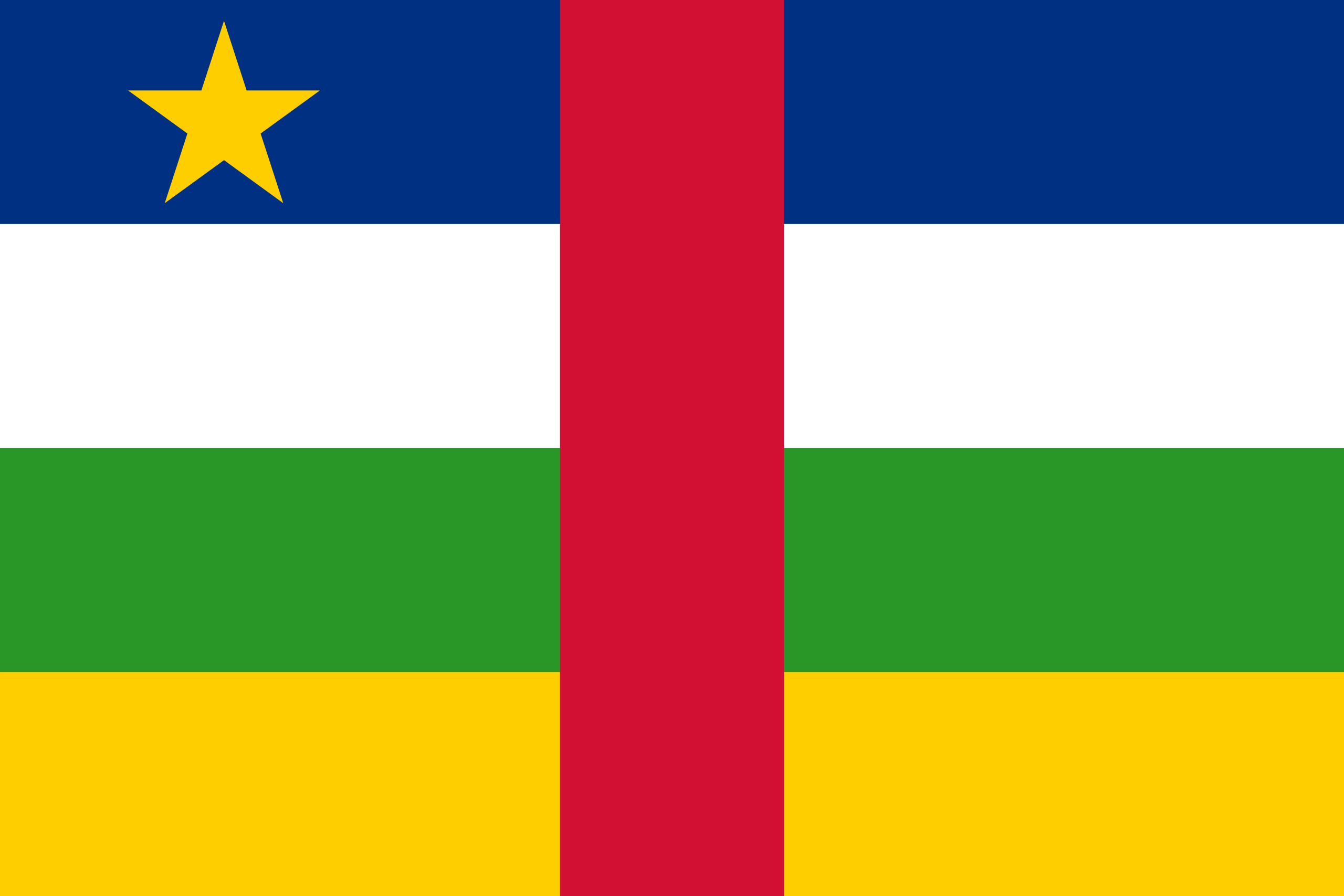
“(WHO) has been able to transform the (COVID-19) crisis into an opportunity to reinforce global solidarity for international health security.”

“Thanks to WHO support, we have made great progress towards strengthening our health systems, especially access to services.”
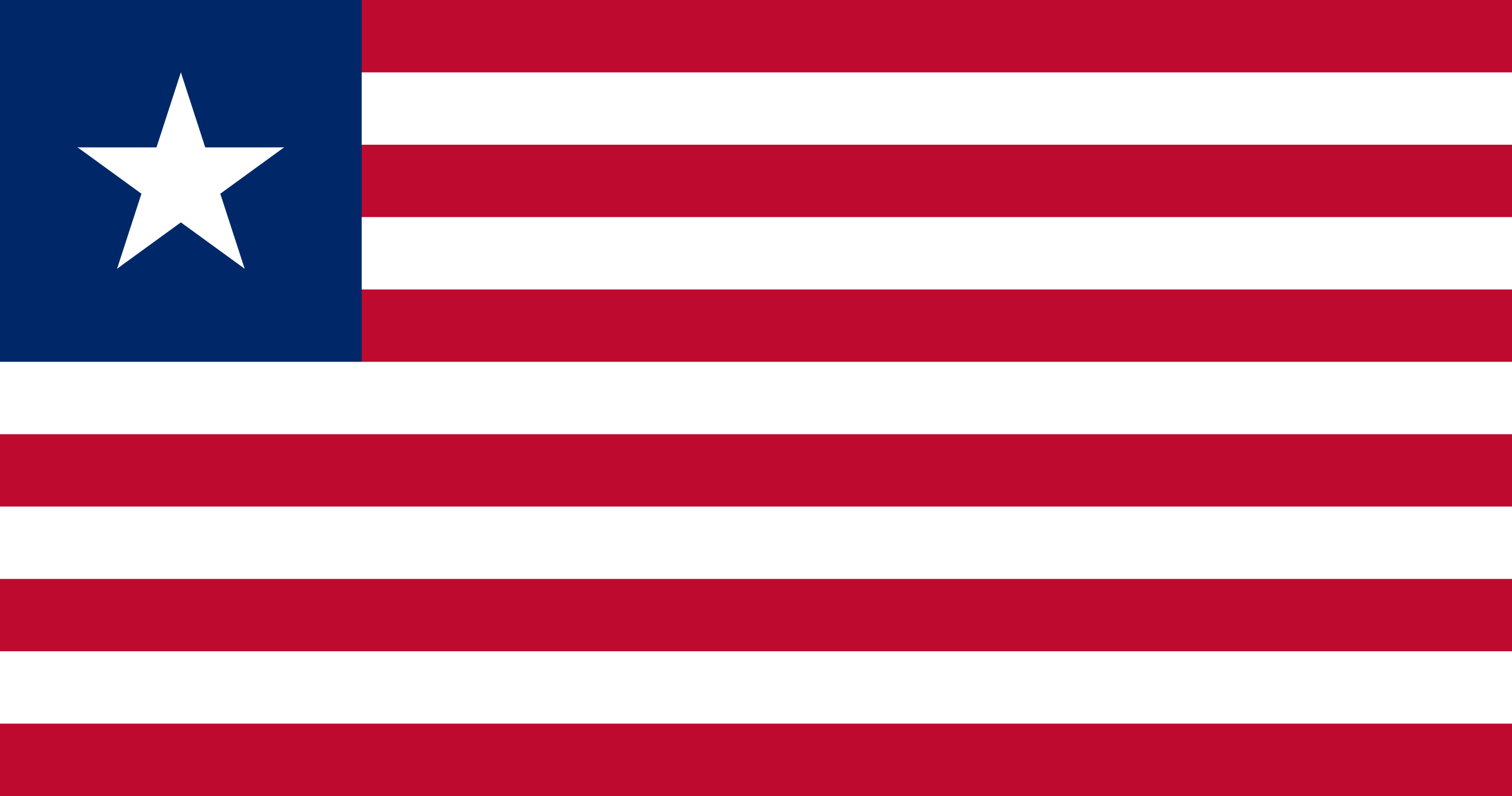
“Over the past 75 years of existence of WHO, we can reflect on our collective successful results in managing public health effectively.”

“Namibia celebrated 33 years of independence and can acknowledge national public health achievements in partnership with World Health Organization.”

“Long live international cooperation,
long live the partnership between
Niger and WHO.”

“In the pursuit of better health for all Seychellois, we are assured of the steadfast partnership with WHO and the support of its experts.”

“My administration remains
committed to enhancing Sierra Leone’s partnership with WHO to strengthen health systems.”

“More than ever before,
the world needs
a strong and fit-for-purpose WHO.”



